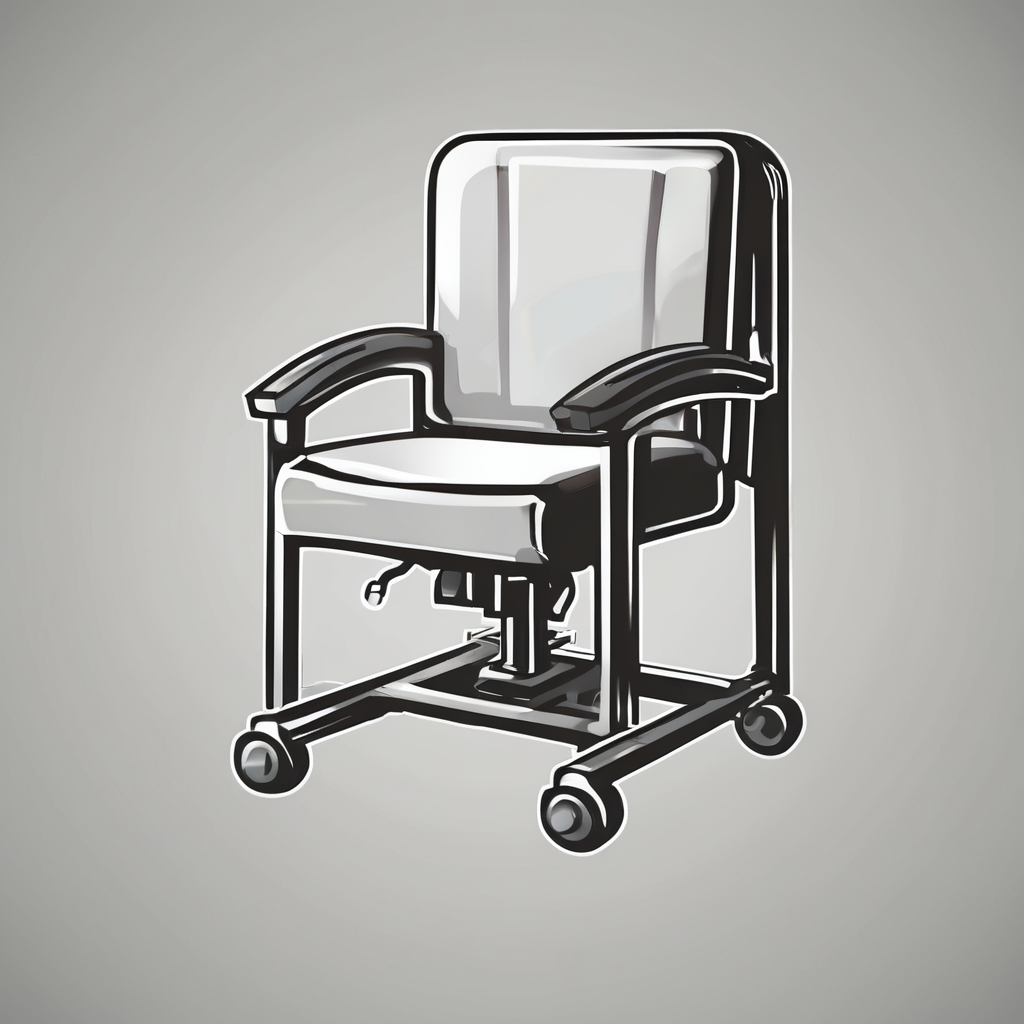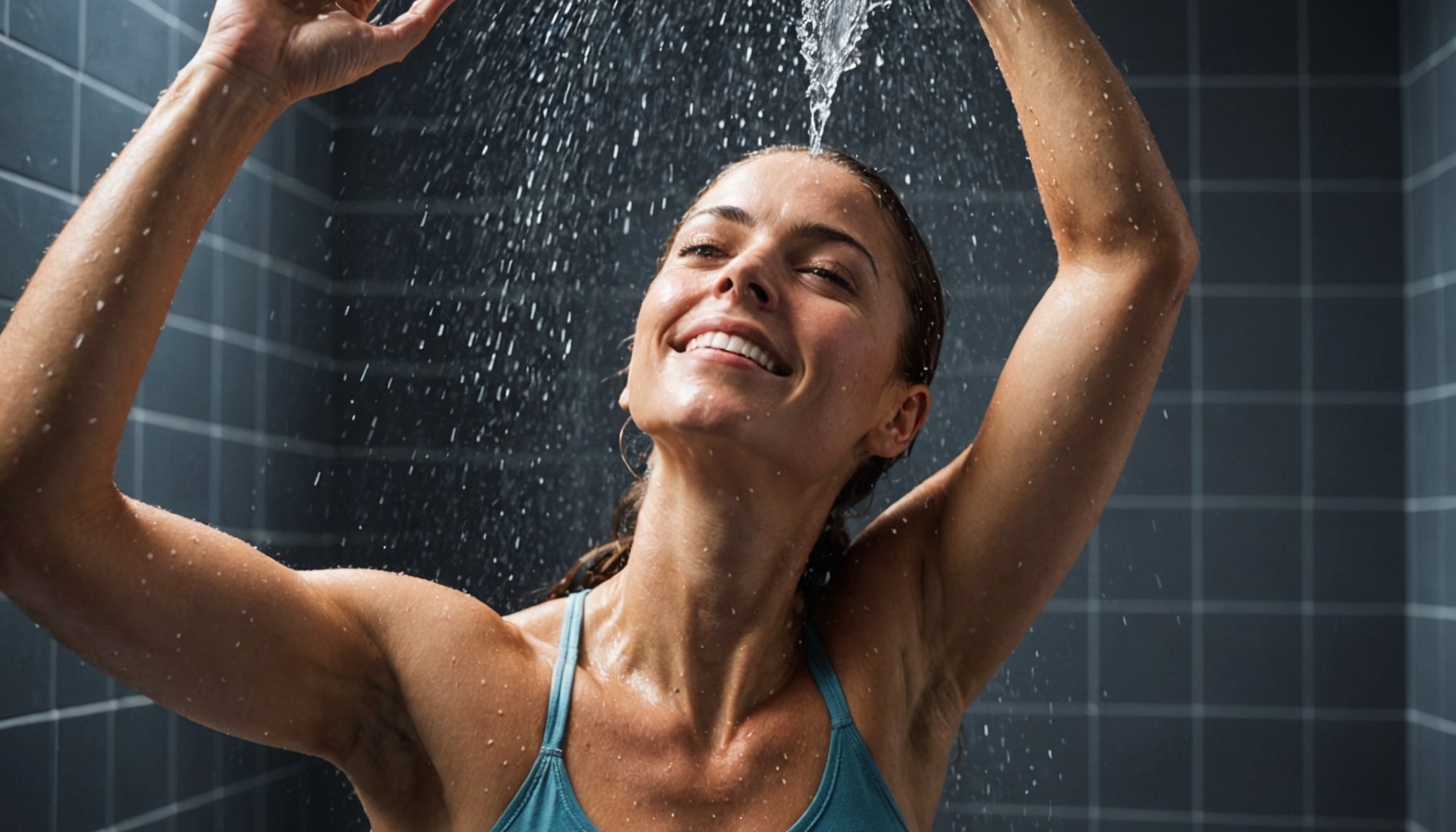Overview of Cold Showers and Their Health Benefits
Cold showers are an invigorating practice involving bathing under cool or cold water. This form of therapy has been utilised across various cultures historically for its potential health benefits. Taking cold showers is believed to enhance overall wellness, partly due to the natural reaction the body has to the cold.
The concept of cold exposure is not new; many ancient societies integrated cold-water bathing into their routines, appreciating both its refreshing quality and medicinal properties. Historical records suggest that cold bathing was a common practice among the Romans, Scandinavians, and even in traditional Eastern medicine. These cultures often linked cold exposure to improved vitality and resilience.
Also read : Unlocking Potential: How Bilingual Education Supercharges Early Childhood Brain Development
The modern appreciation of cold showers is often rooted in the biological responses it triggers. Cold showers are thought to offer various benefits, including enhanced circulatory health and potential immune system boosts. Moreover, with the rise in wellness trends, more individuals are turning to cold showers as a method to promote mental well-being, often citing increased alertness and a boost in mood post-shower. While some may find cold showers a challenge, many who practice regularly report a host of physical and psychological improvements.
Strengthening the Immune System with Cold Showers
Cold showers have gained attention for their potential role in strengthening the immune system. When the body is exposed to cold water, it initiates an increased production of white blood cells, leading to enhanced immunity. This immune response helps the body fend off illnesses more efficiently. Scientific studies have explored this phenomenon, indicating that regular cold water exposure might offer significant benefits.
Topic to read : Boost Your Mental Wellness: Proven Strategies for Nurturing Robust and Healthy Relationships
Research shows that cold exposure can stimulate the endocrine and lymphatic systems, supporting the body’s natural defence mechanisms. One study observed that individuals who incorporate cold showers into their routine experienced fewer instances of common colds. Cold showers might also aid in reducing inflammation by promoting the release of anti-inflammatory chemicals, contributing to overall immune health.
The mechanisms through which cold exposure boosts immunity primarily involve vasoconstriction and vasodilation. These processes help transport essential nutrients more effectively, providing the immune system with the necessary resources to function optimally. It’s crucial to note, however, that while cold showers may complement general wellness practices, they should not be considered a standalone treatment for preventing illnesses. Those with preexisting heart conditions should consult medical professionals before integrating cold showers into their routines.
Testimonials and Case Studies
Exploring testimonials and case studies offers fascinating insights into the real-world impact of cold showers. Many individuals share stories of positive transformations, citing benefits like improved mental clarity, increased energy levels, and enhanced resilience. These personal experiences often highlight how integrating cold showers into daily routines has sparked tangible changes in overall well-being.
A plethora of case studies reinforce these anecdotes, documenting measurable health improvements over time. For instance, participants in some studies report significant boosts in mood and reductions in anxiety after regular cold shower practices. These findings align with the growing popularity of cold showers among wellness enthusiasts, who appreciate both the physical and emotional uplift they provide.
Interestingly, the psychological effects can be profound. Engaging with the challenge of cold exposure often results in improved mental discipline, fostering a sense of accomplishment and control. Some people liken this to a form of mindfulness, where the intense sensation of cold prompts a focused awareness of the present moment.
Such testimonials and cases illustrate a compelling narrative around cold showers’ ability to enhance both physical health and mental wellness. As these stories continue to emerge, they add valuable dimensions to our understanding of the practice’s broader health benefits.
Frequently Asked Questions About Cold Showers
Cold showers have sparked curiosity and led to numerous questions. Here, we address some common questions and misconceptions, providing clarity for those interested in this invigorating practice.
Do cold showers improve health? Yes, many people experience benefits, including improved blood flow, enhanced mental clarity, and a stronger immune system. However, results can vary based on individual tolerance and consistency.
Are there any misconceptions about cold showers? Absolutely. A prevalent misconception is that cold showers alone can cure illnesses. While they can enhance overall immunity, they’re not a standalone treatment. Furthermore, some assume cold showers are unbearable, but gradual exposure can ease this transition.
Who should avoid cold showers? Individuals with cardiovascular conditions should consult a doctor before starting cold showers. Sudden exposure to cold can impact heart function significantly. Additionally, those uncomfortable with cold water might consider alternative methods like slowly reducing shower temperature.
While cold showers offer several health benefits, it’s crucial to approach them with caution and awareness. Personalization and tailored adjustments can ensure the practice is both safe and rewarding. Remember, gradual exposure enhances tolerance, making the experience more comfortable.
The Science Behind Circulation Improvement
When considering methods for enhancing circulation improvement, cold showers emerge as a practical and accessible option. Exposure to cold water prompts vasoconstriction, a physiological response where blood vessels narrow, directing blood away from the skin towards more critical organs. This process is essential in preserving core temperature.
Following vasoconstriction, vasodilation occurs—blood vessels widen and improve blood flow once the body starts to warm up again. This alternating constriction and dilation serve as a kind of vascular workout, strengthening the cardiovascular system and promoting healthier vessel function.
Research into cold exposure provides evidence of its benefits to vascular health. Scientific studies suggest that these periodic temperature changes can positively impact arterial stiffness, reducing the burden on the heart. Individuals who practice cold showers regularly may experience overall improved circulation, contributing to long-term cardiovascular wellness.
It is important to note that the physiological responses to cold showers can vary between individuals. Thus, gradually introducing yourself to colder temperatures and observing personal tolerance levels is advised to maximise benefits without discomfort or adverse reactions. Integrating cold showers into your wellness routine could serve as a natural and effective method to support vascular health.
Practical Tips for Incorporating Cold Showers into Your Routine
Diving into the world of cold showers can be intimidating, but with gradual exposure, you can seamlessly integrate them into your daily routine. Start by slowly reducing the temperature during your usual warm shower. Transitioning over a few weeks will help your body acclimate. Here are some cold shower tips to guide you:
-
Begin Gently: Start with lukewarm water, gradually making it cooler. Spend the last few minutes under a cold stream. This method reduces shock to your system and builds tolerance.
-
Consistency is Key: Incorporate cold showers regularly. Ideally, aim for daily practice to maximise health benefits like enhanced circulation and increased energy levels.
-
Listen to Your Body: Everyone’s tolerance varies. Personalise your cold shower routine and adjust based on comfort levels. It’s essential to avoid discomfort or putting undue stress on your body.
Finally, understand that cold showers are not suited for everyone, especially individuals with cardiac health concerns. Consult a healthcare professional if unsure. By following these tips, you can harness the benefits of cold showers in a way that feels manageable and rewarding. Appreciate the energising and invigorating results of this unique wellness practice.





